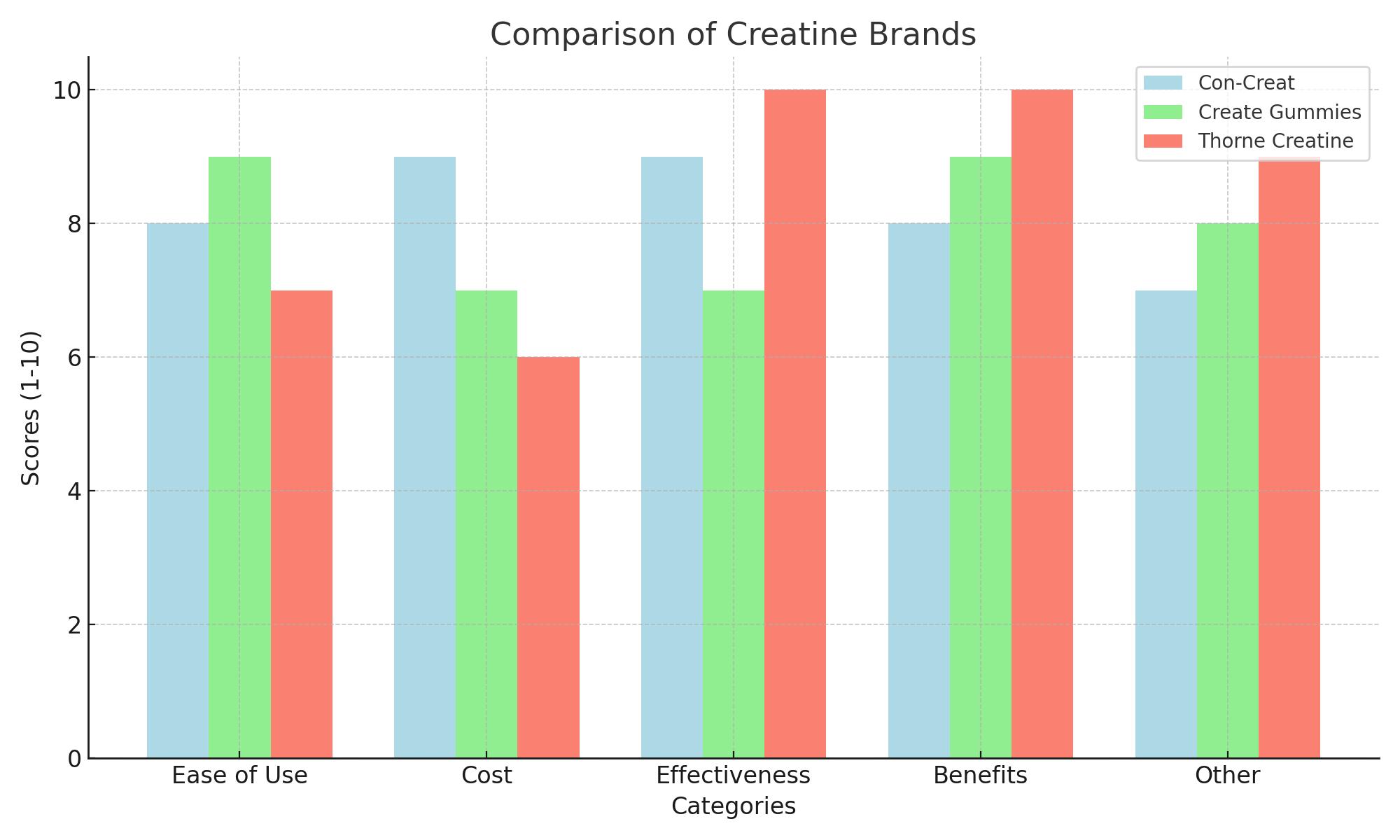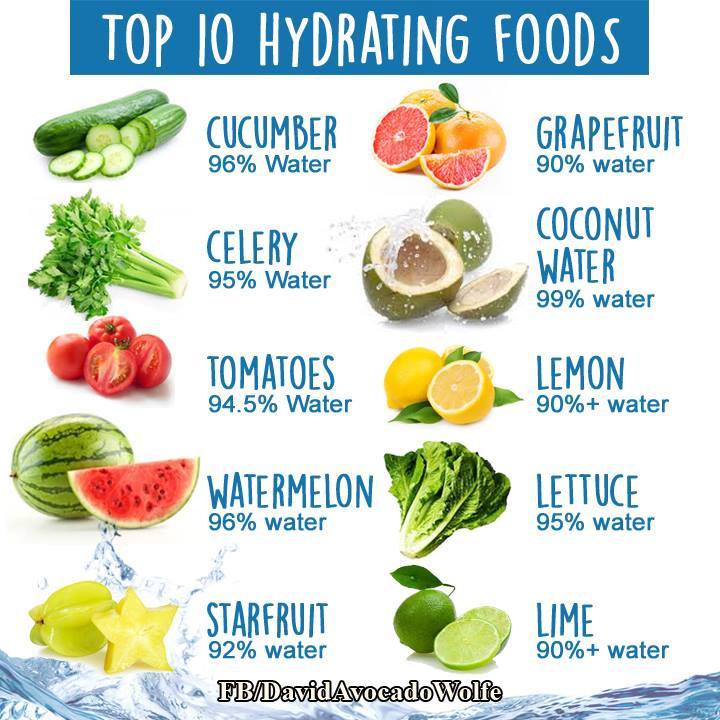Your digestive Health
Our digestive system is often referred to as the “second brain” of our body, and for good reason. It plays a crucial role in breaking down the food we consume, absorbing essential nutrients, and eliminating waste. Maintaining good digestive health is key to overall well-being. In this post, we’ll explore the importance of digestive health, share tips for a healthy gut, and discuss how to address common digestive issues.
The Significance of Digestive Health:
Digestive health is integral to our overall health and can have a profound impact on various aspects of our lives. Here are some reasons why it’s crucial:
Nutrient Absorption: A healthy digestive system ensures efficient absorption of essential vitamins, minerals, and other nutrients from the food we eat.
Immune System Support: A significant portion of our immune system resides in the gut. A well-functioning digestive system helps protect against infections and diseases.
Mood and Mental Health: Emerging research suggests a strong connection between the gut and the brain, influencing mood, stress, and even conditions like depression and anxiety.
Weight Management: Proper digestion and metabolism are essential for maintaining a healthy weight.
Skin Health: Digestive issues can manifest in skin problems, highlighting the gut-skin connection.
Tips for a Healthy Gut:
Balanced Diet: Eat a variety of foods, including fiber-rich fruits, vegetables, whole grains, lean proteins, and probiotic-rich foods like yogurt, kefir, and sauerkraut.
Hydration: Drink plenty of water to aid digestion and prevent constipation.
Portion Control: Overeating can put a strain on your digestive system. Eat in moderation and avoid heavy meals before bedtime.
Slow Down: Chew your food thoroughly to aid the digestive process and signal to your body that it’s time to eat.
Reduce Stress: Chronic stress can harm the gut. Practice stress-reduction techniques like meditation, yoga, or deep breathing.
Regular Exercise: Physical activity helps keep the digestive system moving and can alleviate issues like constipation.
Limit Processed Foods: Highly processed, sugary, and fatty foods can disrupt gut health. Opt for whole, natural foods.
Probiotics: Consider taking probiotic supplements or incorporating probiotic-rich foods into your diet to support beneficial gut bacteria.
Fiber Intake: Aim to consume adequate dietary fiber to promote regular bowel movements and maintain gut health.
Avoid Trigger Foods: If you have food sensitivities or allergies, avoid trigger foods that can lead to digestive discomfort.
Common Digestive Issues and Their Solutions:
Constipation: Increase fiber intake, drink more water, and exercise regularly. Over-the-counter laxatives can be considered in consultation with a healthcare professional.
Diarrhea: Identify potential trigger foods, and if diarrhea persists, seek medical advice.
Acid Reflux: Maintain a healthy weight, avoid overeating, and reduce acidic and spicy foods. Medications prescribed by a healthcare professional can also help.
Irritable Bowel Syndrome (IBS): Manage stress, consider dietary changes, and work with a healthcare provider to create a personalized plan.
Food Sensitivities: Keep a food diary to identify trigger foods and consult with a healthcare professional for testing and guidance.
Your digestive health is a cornerstone of overall well-being. Nourish your gut with a balanced diet, proper hydration, stress management, and healthy lifestyle choices. Address common digestive issues with the guidance of healthcare professionals and be attentive to your body’s signals. A well-maintained digestive system will help you live a healthier, happier life.




